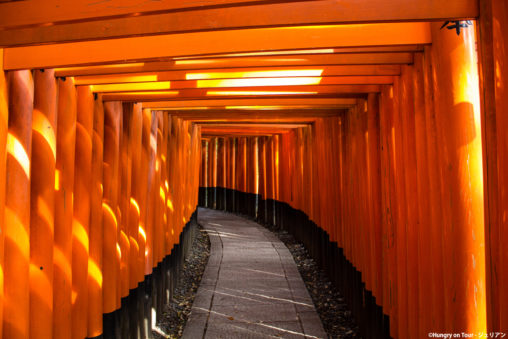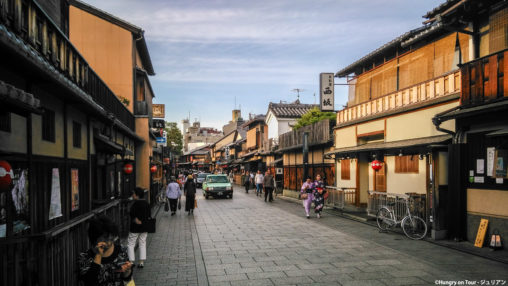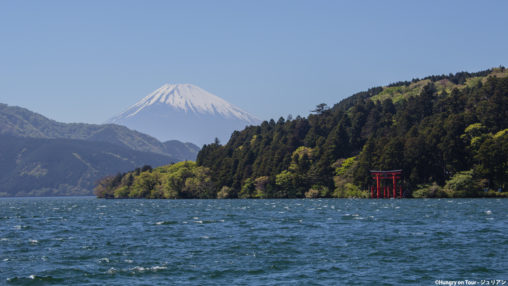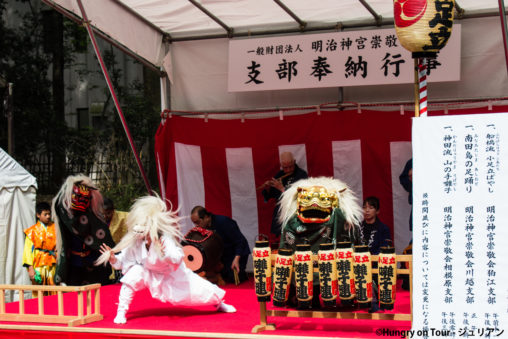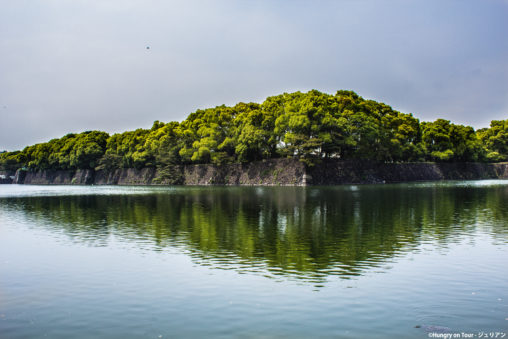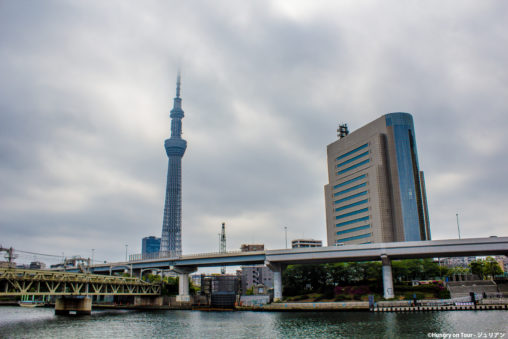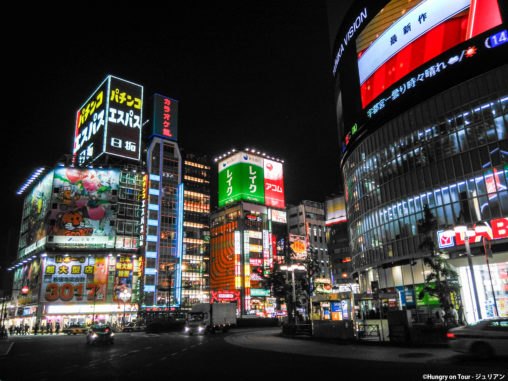Category: AsiaPage 2 of 3
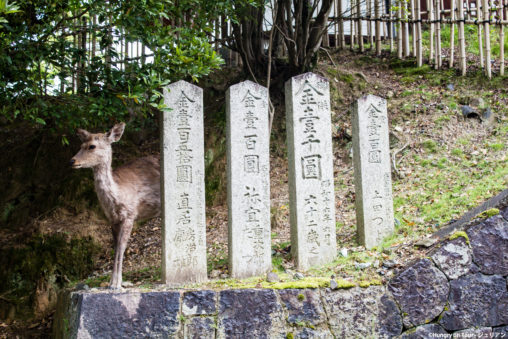
The history of Japan as a united country with one capital started in what is today the Kansai region. With Kyoto as the long reigning capital of Japan its history is as rich as glorious. However, Kyoto has not been the first capital but instead it has been Nara which only lies half-an-hour train ride away from Kyoto which has been the first capital of Japan in 710 AD.
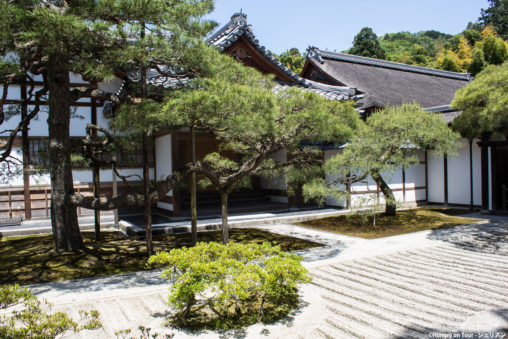
If you are like me and want to see as much as possible without travelling from one sight to the other with lots of unworthy things in-between you’ll love eastern Kyoto. Starting with the north eastern Ginkakuji Temple you can follow the path of philosophy along the forest line all the way to the south eastern part of Kyoto …
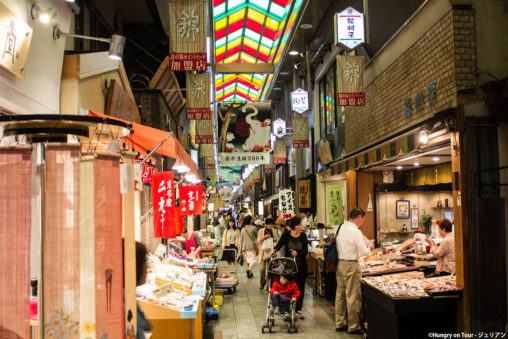
So here is the deal, looking back at the 2 weeks I spent in Japan, Kyoto is probably the one place which conveys best what I had in mind when thinking of traditions and culture. If you want to see beautiful temples, shrines, gorgeous parks, lots of history and stories about ancient events and choose from a broad selection of different, delicious dishes and drinks…
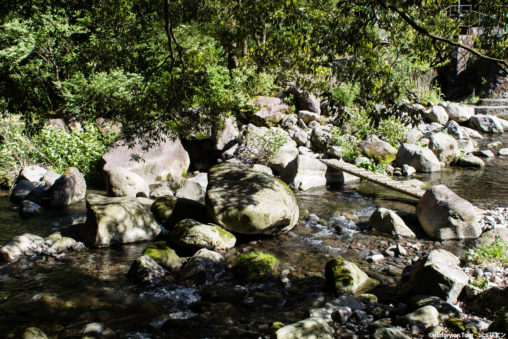
From lake Ashi back to Hakone Yumoto where I had my accommodation it was possible to follow a partially reserved hiking path from the Edo period. With its copper stones and crisscrossing over small rivers and through bamboo forests it had its very own charm and was certainly the better option than taking the bus.
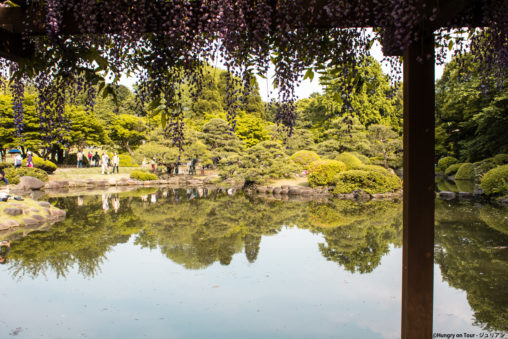
Hungry as I was after arriving at the hostel, I decided to dive into the local cuisine immediately and thus asked the staff for a good local place around the corner. Generally, one of the best strategies I followed throughout my trip to discover real treasures. It always went like:
What’s the local thing here in this city and which restaurant can you recommend me for it?
